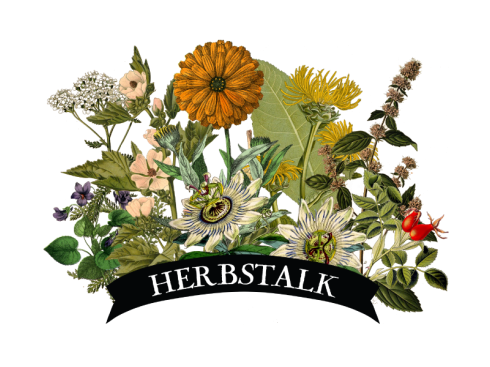|
Submitted by Cathleen Miller. Sometimes you can’t really understand something unless you live it. When I first began seeing clients a few years ago, I was in the beginning of what would become a major health crisis. I had always been healthy, and I could not imagine that this blip was anything but that—a minor occurrence that I could shift through diligence and the belief in my body’s ability to heal itself. As a new practitioner, I was excited to share the power of herbs with others. I operated under the assumption that while allopathic medicine treated symptoms, herbal medicine got to the root and was, therefore, far superior in its methodology. I was headstrong and full of fervor to bring medicine back into people’s hands. I knew my limitations as a practitioner, and was well aware when I should refer a client to someone more knowledgeable or experienced, but my view toward my own worsening symptoms verged on something like denial. I would try just one more tea blend or tincture, homeopathy, naturopathy, acupuncture, reiki, polarity, getting out in the woods, doing yoga, TCM, meditation—whatever it took to keep me away from having to take medication. It felt imperative to prove to myself that plants could heal me from the deepest roots. I wanted to really believe in this path I was walking; and how could I advocate for herbalism if it didn’t work for me? I met with desperation and despair. I began to feel like a failure, and then my body just stopped working. I couldn’t eat or keep fluids down. That went on for a week or so, and then I finally said, “maybe I should go to the hospital.” And then, I met prednisone. It was only after I began taking this dreaded drug that I started to really understand autoimmune diseases. I began to comprehend the nature of the autoimmune cascade when my gastroenterologist said to me, “you did not fail.” I realized in the course of that conversation that I had been operating from the heroic model, believing that I could overcome this disease, that if I just eliminated enough things from my diet and took the right herbs and supplements, I could beat it. What I didn’t understand up until that point was that this disease could be calmed, but that now a “switch” had been flipped in my genetic code and the outcome was fairly unpredictable, even if I did all the right things. I have since experienced the building up of one syndrome on top of another, just when I thought things were looking up. It’s complex and extremely challenging to work with, and now I believe in the power of using all the tools we have when we deal with autoimmunity. Ultimately, though, this is not a story about me—it is a lesson in seeing the world through our clients’ eyes. It is a question of embracing all that can be of benefit instead of seeing ourselves in opposition to allopathic medicine. I think it is important to see the places where we can build bridges for our clients into the world of allopathic care. If we can help our clients more easily navigate the system of doctors, pharmacies, hospitals, and insurance; if we can develop the ability to help our clients advocate for holistic care within allopathic systems, we have done a great service to herbalism and to our clients.  Cathleen Miller is a community herbalist in Portland, Maine, where she sees clients and creates products as Delicious Ginger Teas & Tonics. She is co-founder of Reclaiming Our Roots Community Herbalism, where she teaches classes, tends a garden of medicinal plants, and helps to stock the community apothecary. Her blog is deliciousginger.wordpress.com. Comments are closed.
|
Archives
November 2023
Categories
All
|

 RSS Feed
RSS Feed